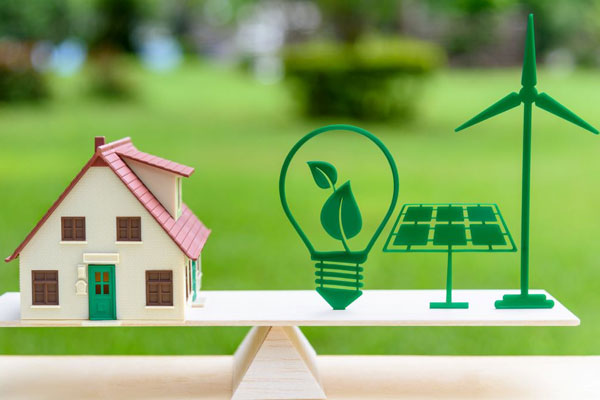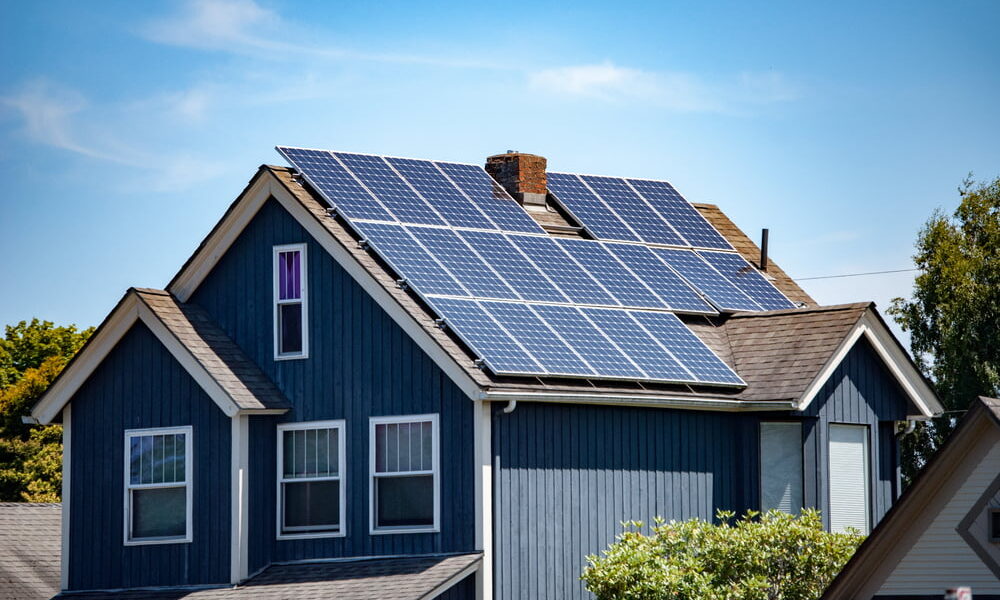Energy-efficient appliances are becoming increasingly popular as people strive to reduce their carbon footprint and save money on their energy bills. These appliances are designed to use less energy than their traditional counterparts, making them a win-win for both the environment and your wallet. Let’s explore the benefits of energy-efficient appliances and how they can make a positive impact on your home and the planet.
1. Lower Energy Consumption

One of the primary advantages of energy-efficient appliances is their ability to consume less energy. Compared to conventional models, these appliances are designed with advanced technology and innovative features that optimize energy usage. This means that they can perform the same tasks while using significantly less electricity.
For example, energy-efficient refrigerators are built with better insulation and compressors, resulting in less energy wasted on cooling and maintaining temperature. Similarly, energy-efficient washing machines use less water and electricity by incorporating features like variable speed motors and load sensors, reducing energy consumption during each cycle.
2. Reduced Energy Bills
By investing in energy-efficient appliances, you can significantly reduce your monthly energy bills. While the upfront cost of these appliances may be slightly higher than their conventional counterparts, the long-term savings they provide make them a worthwhile investment.
According to studies, energy-efficient appliances can save homeowners hundreds of dollars each year on utility bills. For instance, ENERGY STAR-certified dishwashers use 12% less energy and 30% less water than standard models, resulting in an average annual savings of $35. Similarly, energy-efficient air conditioners can save up to 15% on cooling costs compared to conventional units.
3. Environmental Benefits
Using energy-efficient appliances is an effective way to reduce your environmental impact. Traditional appliances consume a significant amount of energy, which is often generated by burning fossil fuels. By opting for energy-efficient models, you can help decrease greenhouse gas emissions and combat climate change.
Energy-efficient appliances not only reduce the demand for electricity but also minimize the need for new power plants. Additionally, these appliances often have a longer lifespan and are more easily recyclable, further reducing their overall environmental footprint.
4. Government Incentives and Rebates
To encourage the adoption of energy-efficient appliances, many governments and utility companies offer incentives and rebates to consumers. These incentives can help offset the initial cost of purchasing energy-efficient appliances, making them even more affordable.
Some programs provide cash rebates, tax credits, or low-interest loans to individuals who choose energy-efficient options. These incentives not only make it easier for homeowners to switch to energy-efficient appliances but also contribute to the overall goal of reducing energy consumption on a larger scale.
Energy-efficient appliances offer numerous benefits, including lower energy consumption, reduced energy bills, environmental advantages, and government incentives. By making the switch to energy-efficient models, you can save money, conserve energy, and contribute to a more sustainable future. So, why not start making a positive impact on both your finances and the environment by investing in energy-efficient appliances today?

